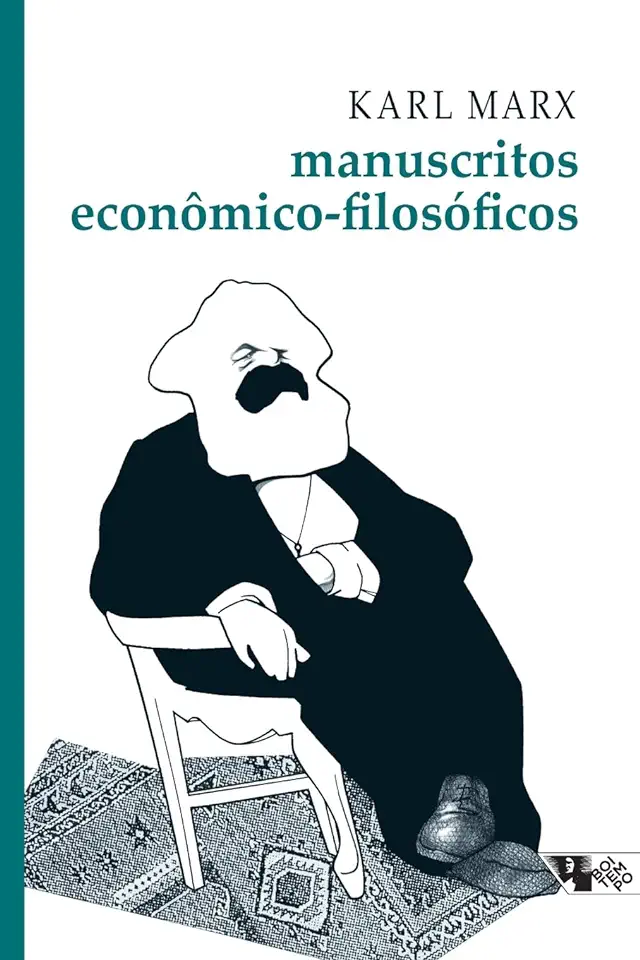
Marx - The Economists - Karl Marx
Marx - The Economists - Karl Marx
A Comprehensive Exploration of Marx's Economic Theories
In this groundbreaking book, renowned economist Karl Marx presents a comprehensive analysis of the capitalist system, offering a profound critique of its inherent contradictions and exploitative nature. Through meticulous research and incisive arguments, Marx unveils the underlying mechanisms that drive the capitalist economy, shedding light on the dynamics of class struggle, surplus value, and the alienation of labor.
Unveiling the Contradictions of Capitalism
Marx's analysis begins by exposing the fundamental contradictions embedded within the capitalist system. He argues that the pursuit of profit, the driving force of capitalism, inevitably leads to the exploitation of workers and the accumulation of wealth in the hands of a few. This inherent conflict between capital and labor forms the basis of Marx's critique, as he demonstrates how the system perpetuates inequality, social injustice, and economic crises.
Surplus Value and the Exploitation of Labor
At the heart of Marx's economic theory lies the concept of surplus value. He argues that workers produce more value than they are paid for, and this surplus value is appropriated by capitalists as profit. This exploitation of labor is a defining feature of capitalism, according to Marx, and it forms the basis for the accumulation of wealth and the growth of the capitalist class.
Alienation of Labor and the Commodification of Human Life
Marx also explores the concept of alienation of labor under capitalism. He argues that workers are alienated from their labor, the products of their labor, and their fellow workers. This alienation stems from the fact that workers do not control the means of production and are treated as mere commodities in the capitalist system. Marx's analysis of alienation provides a profound critique of the dehumanizing effects of capitalism and its impact on human well-being.
Historical Materialism and the Dynamics of Class Struggle
Marx's economic theories are grounded in his broader framework of historical materialism. He argues that the economic structure of society forms the basis for its political and social institutions, and that class struggle is the driving force of historical change. Marx analyzes the dynamics of class struggle under capitalism, demonstrating how the contradictions of the system lead to conflicts between workers and capitalists, ultimately shaping the course of history.
Relevance in Today's World
Marx's economic theories remain highly relevant in today's world, providing a critical lens through which to examine contemporary economic issues. His analysis of capitalism's inherent contradictions sheds light on the growing inequality, financial crises, and social unrest that plague modern societies. Marx's work continues to inspire scholars, activists, and policymakers, offering valuable insights into the workings of the capitalist system and the potential for transformative change.
A Must-Read for Understanding Economics
"Marx - The Economists" is a seminal work that has profoundly influenced economic thought and social theory. Karl Marx's brilliant analysis of capitalism, with its focus on class struggle, surplus value, and alienation of labor, provides a deep understanding of the dynamics of the capitalist system and its impact on society. This book is a must-read for anyone seeking to comprehend the complexities of economics and the challenges facing our contemporary world.